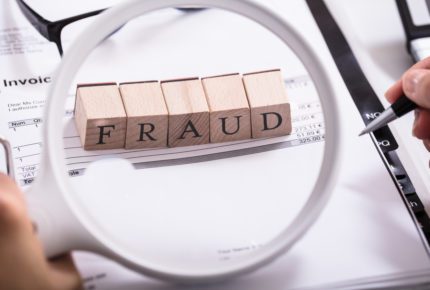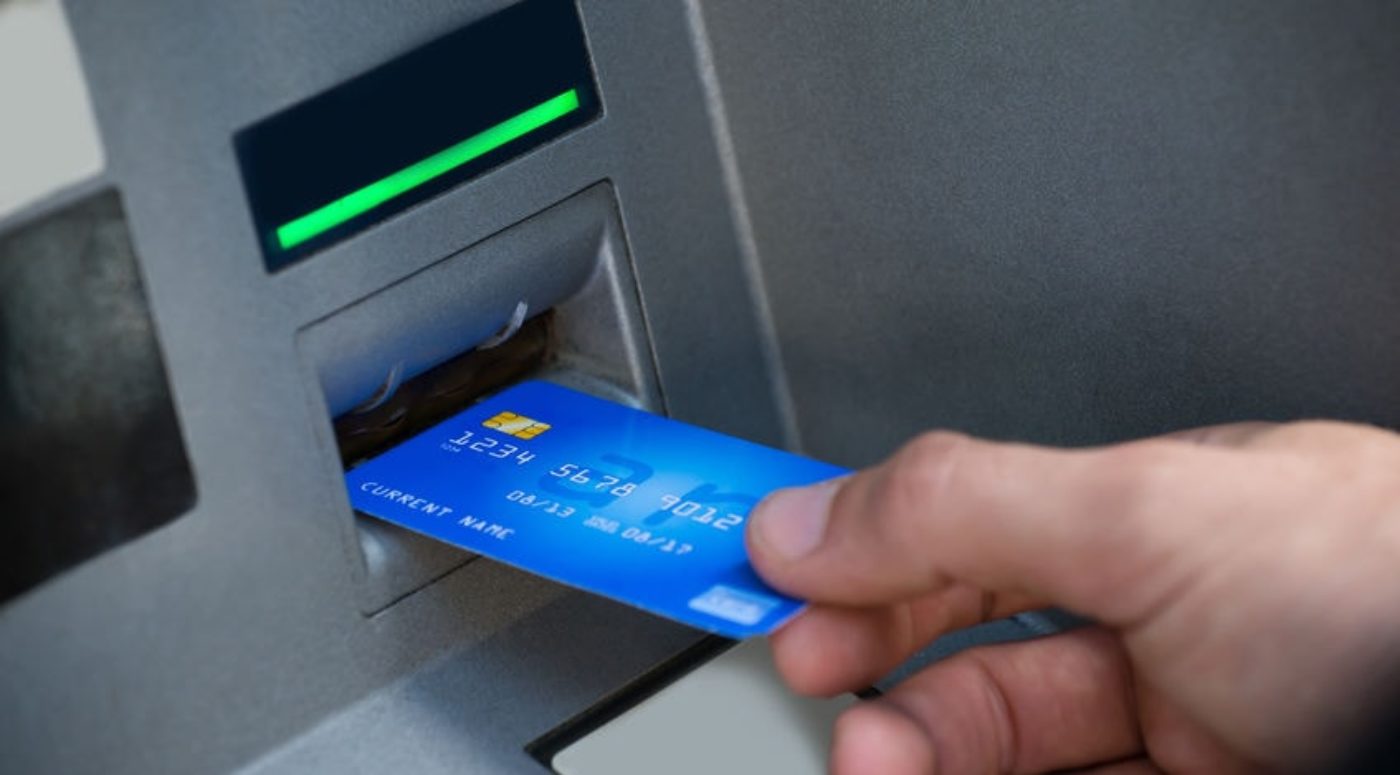

Chargeback fraud has proliferated in recent years, causing huge problems to online businesses. Ecommerce fraud relates to fraudulent activity committed in the context of online shopping. One type of ecommerce fraud is chargeback fraud. A chargeback occurs where a customer disputes a credit card payment with their bank. They ask their bank to reverse the charge. The bank then has to decide whether to side with the customer or the merchant. If the bank believes the customer, the payment is refunded, and the merchant is charged an additional fee. Whilst some chargebacks are legitimate, it is estimated that up to 86% of chargebacks are fraudulent. The software industry experiences the highest proportion of chargebacks representing 0.66% of their total transactions. If you have been caught up in chargeback fraud, you are probably wondering what happens next. In this article, we give you answers to some of the most common questions and advise on what to do if you need help.
What is a chargeback?
A chargeback occurs where a customer seeks the reversal of their credit card payment from the bank. This is a legitimate move to make in certain circumstances, such as:
- Where you cannot request a refund from the merchant because they are no longer operating
- You were expecting a refund which you have not received
- You were charged twice for one order
However, the chargeback process is often exploited by fraudsters to make illicit gains by claiming not to have received a product, which they have actually received.
The steps of a chargeback are as follows:
- The cardholder initiates a dispute regarding a particular transaction by notifying their bank. The issuing bank provisionally pays back the customer; however this credit can later be retracted.
- The credit card issuer contacts the seller’s bank seeking information about the transaction
- The two banks communicate to establish their position. The seller’s bank issues a chargeback notification to the buyer’s bank.
- The seller (also known as the merchant) either accepts or contests the chargeback. If they dispute it, they send evidence to their bank supporting their position that it was a legitimate transaction.
- The issuing bank reviews the evidence and then decides whether to support their customer or the merchant. Where they side with the merchant, the provisional credit to their customer is reversed. If they side with the buyer, they keep their money and the merchant pays a chargeback fee. The chargeback fee varies, sometimes it is a percentage of the total transaction.
Taking into account the cost of a refund, plus the chargeback fee, not to mention the costs of actually providing the product and delivering it, the chargeback process is very costly to businesses. Chargeback fraud also costs banks time and money in adjudicating the disputes.
What is chargeback fraud?
Chargeback fraud occurs where the customer fraudulently disputes that they have received the goods or services and seeks to obtain a refund from their credit card provider. It is a form of fraud by false representation, which is set out at Section 2 of the Fraud Act 2006. Fraud by false representation occurs when the defendant dishonestly makes a false representation, intending to make a gain for themselves or another, or cause a loss for themselves or another.
Chargeback fraud occurs where a customer files a chargeback dispute for a legitimate purpose. If they succeed in the fraud, they keep both the product and the refund. As well as organised criminal gangs who use chargeback fraud as a revenue stream, chargeback fraud is often committed in the context of what is known as ‘friendly fraud.’ This concerns customers who act dishonestly, but who are using their true identity and their own credit card and may not perceive themselves as breaking the law.
Examples include:
- Customers who change their mind about a product whilst waiting for it to be delivered. Therefore they dispute that they have agreed to buy the item. Whilst late delivery is a ground to seek a refund, legally, the customer should approach the seller for a refund first rather than initiating a chargeback.
- Customers who regret spending large amounts of money online ‘buyers remorse’ and later seek to dispute the transaction.
- Customers who discover a family member has used their credit card without their permission, and who do not want to take responsibility for the purchase.
- Customers who no longer want a product but find the process of requesting a refund from the merchant to be overly inconvenient.
- Customers who committed to an online subscription but claim that they did not agree to ongoing payments.
Of course, in some circumstances disputing a transaction in these circumstances could be legitimate. Chargeback fraud occurs where the chargeback system is dishonestly manipulated by those seeking to make illicit profit. The statistics show that a person who makes one successful chargeback request is 9 times more likely to make another one.
Another form of chargeback fraud can occur where the customer receives a double refund, requesting a return of their money from the bank at the same time as asking for money back from the merchant.
Which industries are most prone to chargeback fraud?
As mentioned above, the software industry is particularly prone to chargeback fraud due to the frequent practice of offering a free trial that turns into an expensive monthly billing cycle. Other industries which experience a high level of chargeback fraud include online dating websites, travel, online pharmaceuticals, adult entertainment, online gaming websites, gambling, health and wellness, and legal services.
What evidence can be used in chargeback fraud cases?
When investigating chargeback fraud, the police have to determine whether it is the seller or the buyer who has acted fraudulently.
In order to determine whether a purchase was legitimate, the police will look at whether the AVS and CVV card details match when entered on the ecommerce merchant’s website. In addition, the merchant will provide store sales receipts and transcripts of any communications with customers to the police. Delivery confirmation and tracking numbers can also help prove that an item was actually delivered.
Credit card companies working with law enforcement will also look at whether there is a pattern of the same customer making multiple chargeback requests, or a pattern of chargeback requests made against the same business.
What is the sentence for chargeback fraud?
The sentence that you could face for fraud depends on if your case is heard in the Magistrates’ Court or the Crown Court. If the case is heard in the Magistrates’ Court, the maximum sentence is 6 months’ custody. If the case is heard in the Crown Court, you could face a maximum of 10 years’ imprisonment. When deciding the sentence that you should receive, the court is obliged to follow the guidance set out by the Sentencing Council. This states that the court must consider your culpability, and the harm that the offence has caused in order to calculate your sentence.
Playing a leading role in a group, or pressuring or influencing others to become involved in the offence will make you more culpable. The abuse of a position of power, trust or responsibility would also increase your culpability. Sophisticated, highly planned offences will be treated more harshly than spontaneous or opportunistic offending. Targeting a large number of victims, or specifically targeting vulnerable victims will also increase your culpability. The court will decide whether your culpability is low, medium, or high.
Harm is principally assessed on the basis of the value of the fraud. The Sentencing Council establishes 5 categories of fraud:
- £500 or less
- £5,000-£20,000
- £20,000 to £100,000
- £100,000 to £500,000
- £500,000 or more
In addition, the impact on the victim is also taken into account. Using these two factors, the court will determine the starting point for your sentence.
For example, assume you fraudulently claimed a chargeback for a laptop valued at £1,000. You acted alone and planned the offence by researching it on the internet. In these circumstances, you would receive at the most lenient a community level order, and at the most severe, up to one year in custody if your case was heard in the Crown Court, or up to six months imprisonment if your case was heard in the Magistrates’ Court.
On the other end of the scale, say you lead a conspiracy to commit multiple chargeback frauds to the value of £100,000, your sentence starting point would be 5 years’ custody. The court would then consider any statutory aggravating factors, such as any similar offences that you have committed in the past. The court would also consider any mitigating features relevant to your personal circumstances.
Where to get further help?
If you have been charged with fraud, it is worthwhile instructing a robust criminal defence solicitor. Fraud is a serious offence which could result in a lengthy sentence of imprisonment if you are convicted. A criminal defence solicitor will help you prepare your defence. Even if you intend to put forward a guilty plea, they can assist you in putting forward a plea in mitigation. Contact Stuart Miller Solicitors for a no obligation consultation today.
OUR COMMITMENTS TO YOU:
-
Responsive
A legal expert will consult you within 24 hours of making an enquiry.
-
Empathetic
We will always treat you with trust, understanding and respect.
-
Specialised
Your case will be handled by an expert who specialises in your type of offence.
-
Proactive
We will take early action to end proceedings as soon as it is practically and legally possible to do so.
-
Engaged
You will be kept updated on your case at all times. We will provide a named contact available to answer your questions.
-
Caring
We understand this is a difficult and stressful time for you and your family. Our team will support you every step of the way.
-
Tenacious
We will never give up on your case. We fight tirelessly to get you the best possible outcome.
